Tips on How to Stop Clogging Your Drains
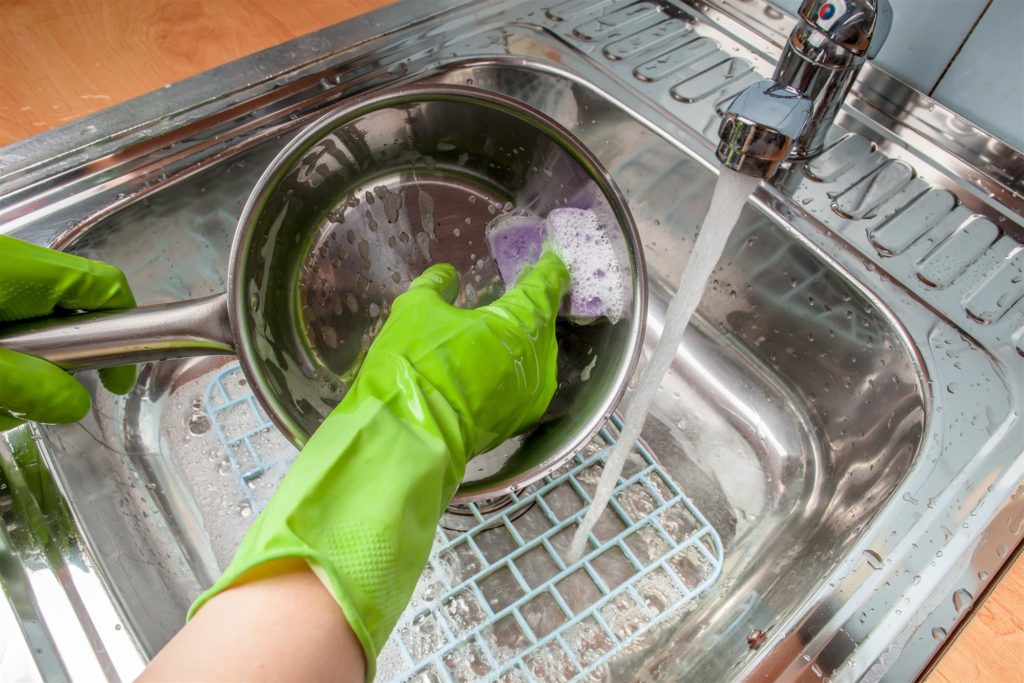
Drain clogs can be rather annoying when they occur. Something has created a blockage in the drain pipes and is stopping water from flowing. In some cases the clogs can be so bad you have to call in a professional plumber to unclog the drain.
There can be all sorts of causes for clogged drains, from soap scum and hair to grease and food particles. Let’s take a look at some of the different areas of the home where clogs can occur and what you can do to prevent them!
Bathroom
The bathroom is the most-used room in the home where clogged drains can occur. The most common causes for clogged drains are soap scum, hair, toothpaste, makeup, hair gels, and other grooming products we use on a daily basis.
- Bathtub/Shower: To prevent clogged bathtub and shower drains, you want to place a screen over the drain. The screen should be small enough to stop hair from going down the drain. After you bathe or shower and all the water has drained away, carefully lift the screen up and clean it off.
To clean the screen, do not rinse it under the faucet, as this will just put hair down the drain. Instead, use a damp cloth and wipe hair off the screen and into a trash can. Once a month pour about three gallons of hot water into the base of the shower/tub to help keep drain pipes clean.
- Toilet: Toilet clogs occur when we use excessive amounts of toilet paper and try to flush it all at once. To help prevent clogs, flush the toilet after going to the bathroom to get rid of the waste, then again after using toilet paper.
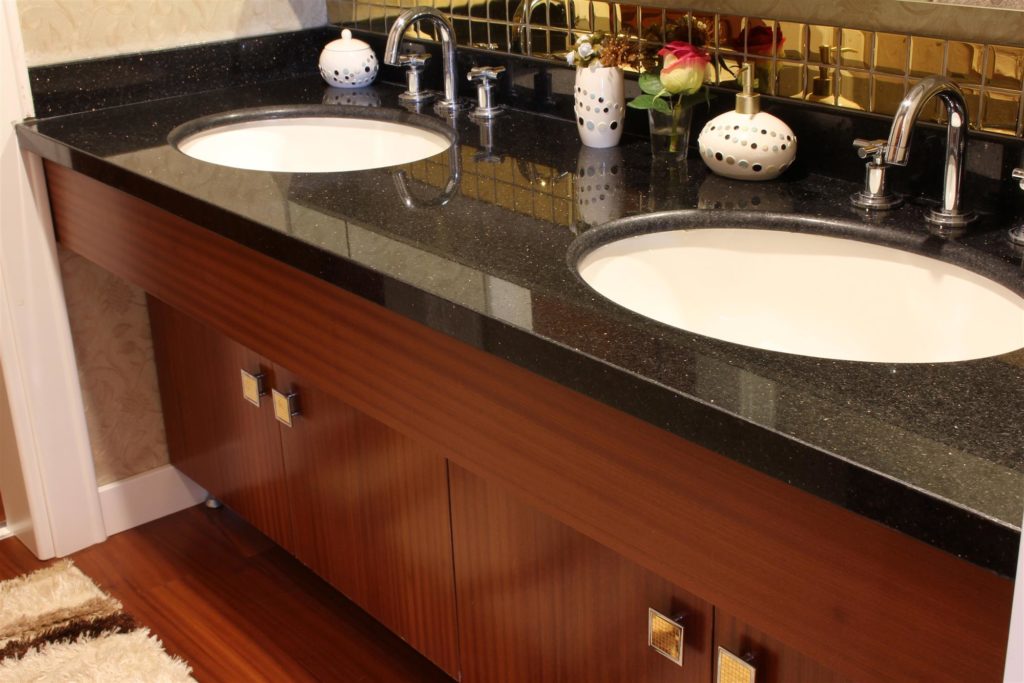
Another cause of toilet clogs is when the wrong things get flushed. You should never flush sanitary napkins, tampons, diapers, baby wipes, or other such materials down the toilet. These things should be disposed of in your regular trash.
To help keep the toilet drain line clean, get into the habit once a month of pouring five gallons of hot water down the toilet while flushing it at the same time. This will help remove any debris trapped on the inside walls of the drain pipes.
- Sinks: Sink clogs typically occur from our normal grooming habits. Toothpaste, mouthwash, makeup, hair gels, shaving gels, and so on all end up going down the drain. Over time, they slowly build up on the inside walls of the pipes and create a clog.
You can help prevent clogs by using a fine mesh screen over the drains in the sink. The screens will catch larger particles and debris, as well as hair, and stop it all from going down the drain. Remember to clean the screens by wiping them off with a damp cloth over a trash can.
Once a month, fill the sink with hot water and then release the sink stopper. The volume of hot water creates added pressure to help remove anything stuck on the inside walls of pipes.
Kitchen
The kitchen is the second-most common area of the home where clogged drains occur. The causes for clogs are normally related to food particles, grease, and other things that get poured down the drain lines.
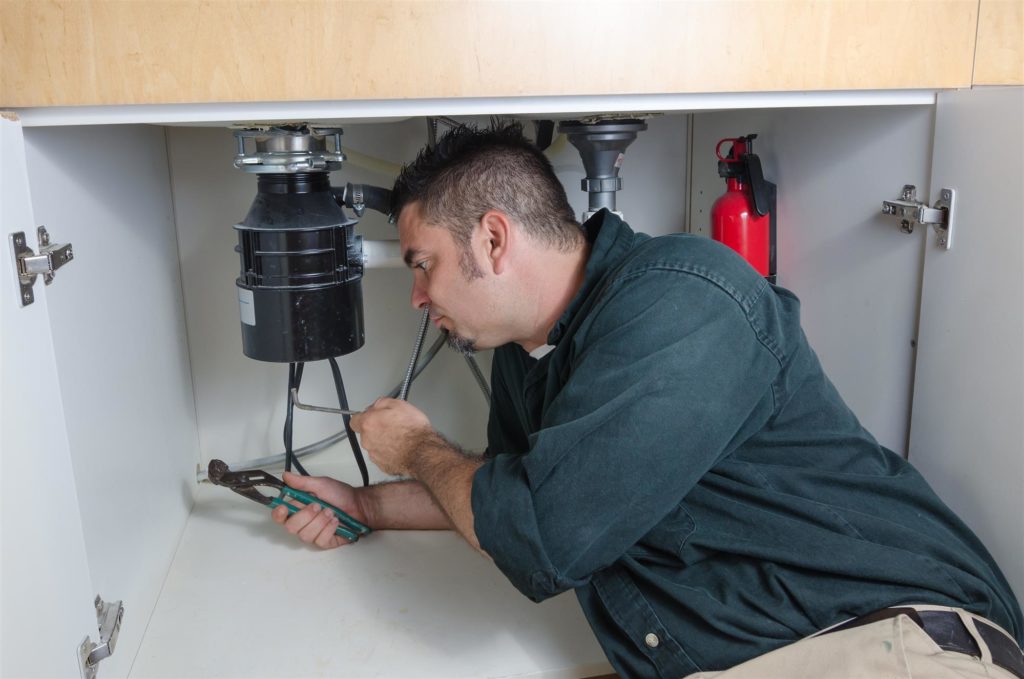
- Garbage Disposal: This appliance can be great at dealing with large chunks of food that end up down the drain after doing dishes by hand. However, many people think their garbage disposals will handle just about any type of food or food by-product. Unfortunately, they quickly discover that is not the case when the drain gets clogged.
Certain types of food should never end up in the garbage disposal, including:
- Potatoes and Potato Peelings
- Chicken Bones
- Beef Bones
- Turkey Bones
- Coffee Grounds
Instead, keep a waste bucket to put these things in, as well as to scrape off food from plates prior to washing them. You can use the food waste to start a compost pile for gardening.
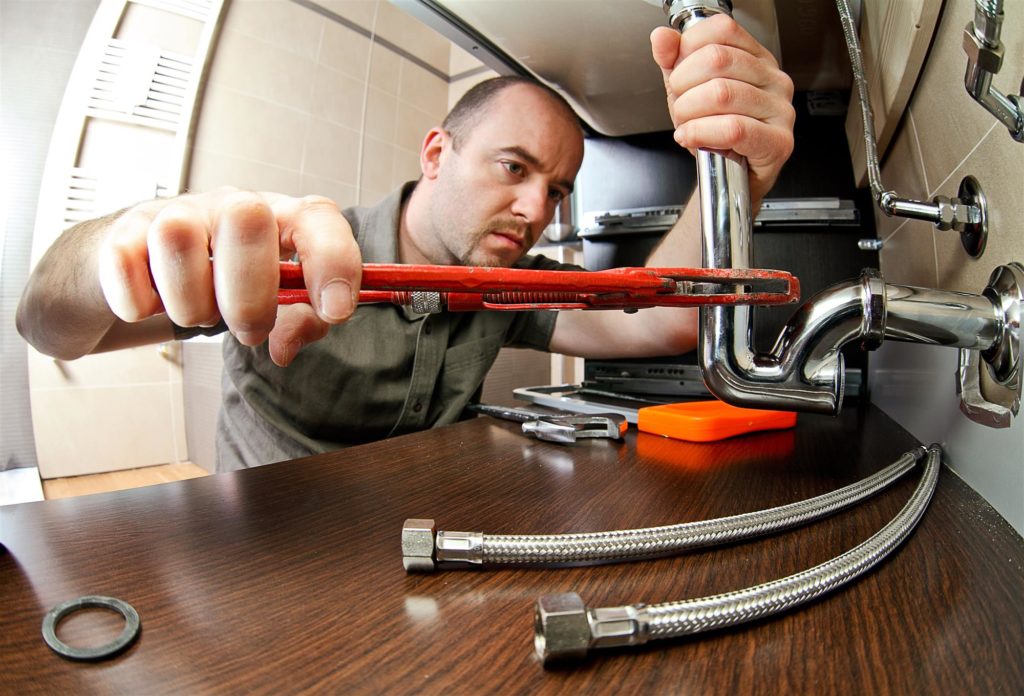
When you run the disposal, make sure to always use a steady stream of cold water. The cold water will prevent the oils and grease in food from being released and attaching inside drain lines.
- Dishwasher Drain Line: The drain line on your dishwasher can clog if you do not have drain filters inside the dishwasher. Modern dishwashers normally have two types of screens—one for catching larger food particles and a very fine screen for stopping smaller food particles.
If you have a newer dishwasher with these screens, make sure to check them after each wash cycle and clean them at least monthly. To clean them, take them outside and use your garden hose and nozzle to gently spray them off. You should also clean your dishwasher once a month with an approved dishwasher cleaning product.
- Sink: The main reasons kitchen sinks clog are from grease and soap scum. While you can’t do much about soap scum, you can do something about grease. Keep a metal can next to the sink to pour grease into rather than pouring it down the drain. If you need to drain ground beef or other meat, place a large bowl under a colander so it will catch the grease and prevent it from going down the drain.
About once a month, fill your sink with hot water, then release the stopper. Just like in the bathroom, this will help remove some of the debris from the inside walls of the drain lines. For dual-sided sinks, fill them both, then drain the one furthest from the main drain. Once that one is emptied, then let the water out of the second side.
Laundry Room
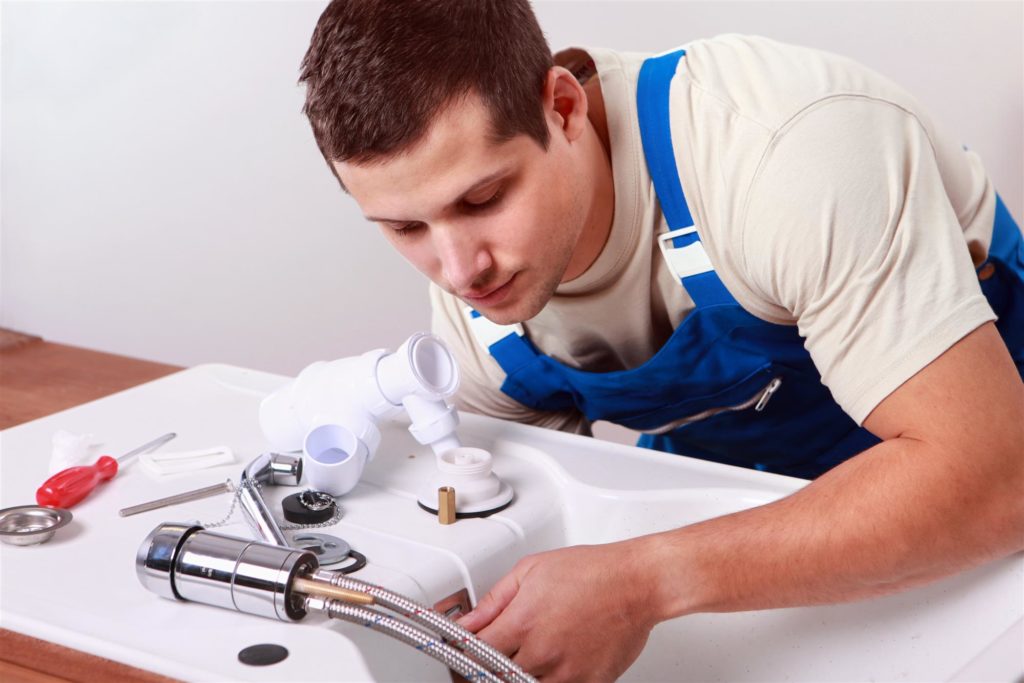
If your home has a laundry room or laundry area, you do need to be aware of potential clog issues and how you can prevent them.
- Washing Machine Drain Line: The discharge drain line can develop clogs from dirt, debris, lint, hair, and soap scum. To help prevent this problem, you can get a screen attachment to put on the end of the drain hose. The screen is removable and can be cleaned. Just remember to take it outside and clean it there.
- Sink: If you have a utility sink in your laundry room, you will want to use a screen over the sink drain. The screen will collect any hair or other debris to help prevent clogs.
Basement/Garage
Some homes have floor drains in the basement and garage to help drain away water. They can be found near the hot water heater or your washing machine. Since the drains are a safety feature, they are rarely used. Over time, dust and dirt can get into the openings and fall into the drain line.
Should an accident occur, like your hot water heater malfunctions and water runs out of it or a water line on the back of the washer breaks, the dust and dirt can cause a clog. To avoid a potential clog, use a fine mesh screen over the drains and clean the screen at least monthly. It is also a good idea to pour about five gallons of hot water slowly down the drains once a month.
Other Drain Clog Preventative Tips

Aside from using mesh screens and pouring hot water down various drains monthly, there are other things you can do to help prevent clogs from occurring. For instance, you should schedule annual drain cleaning service through your local plumbing company. The plumber will use special tools and equipment to help clean the drainage pipes and remove any debris that has started forming on the inside walls.
You can also have your plumber recommend a natural drain cleaning product that contains “good” bacteria. The “good” bacteria will eat the “bad” bacteria and other debris that causes drain clogs.
In addition, keep a plunger or two handy. Should a clog develop, you might be able to remove it using the plunger. You should never use chemical-based drain cleaners and clog removers, as these contain harsh chemicals that could damage your home’s plumbing.
For more drain clog prevention tips or to schedule drain cleaning, drain unclogging, or other plumbing services, please feel free to contact your nearest Christianson Air Conditioning & Plumbing location in Austin, San Antonio, Temple, or New Braunfels today!



Sorry, comments for this entry are closed at this time.